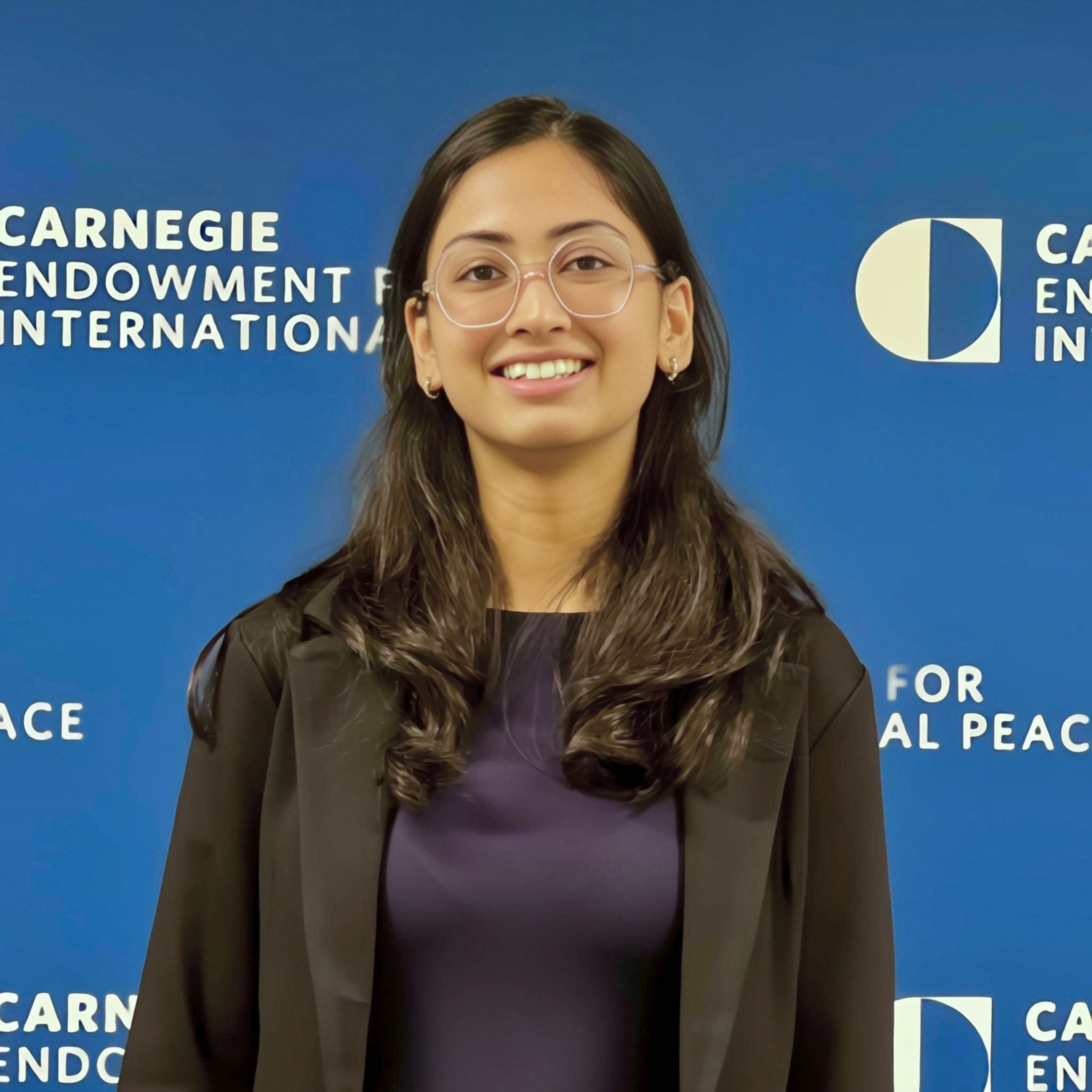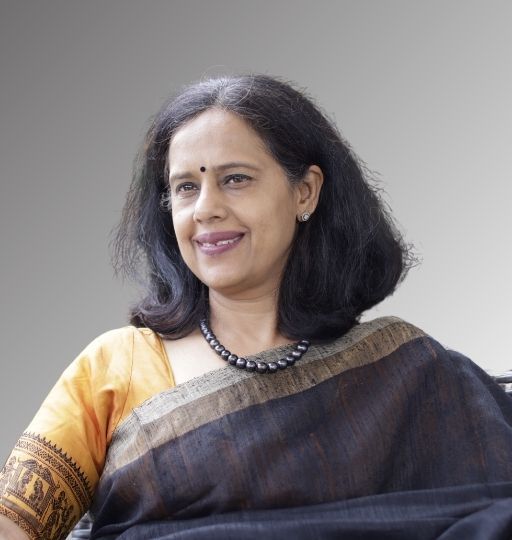In this episode of Interpreting India, Adarsh Ranjan is joined by Zoe Jay Hawkins, co-founder and deputy executive director of the Tech Policy Design Institute. They explore the evolving idea of AI sovereignty, the geopolitics of compute, and how countries are navigating access to the foundational infrastructure that powers artificial intelligence. Drawing from her research at the Oxford Internet Institute, Zoe unpacks the political geography of AI compute, the rising concentration of AI chips and data centers, and what this means for both developed and developing economies.
What does “AI sovereignty” really mean, and how can countries conceptualize it across different levels? Why is access to compute becoming a critical geopolitical issue, and how concentrated is the global compute landscape today? How should countries, especially in the Global South, approach compute scarcity, supply chain risks, and long-term AI strategy?
Episode Notes
As AI systems grow more powerful, the computational infrastructure behind them has become a strategic resource, one that is unevenly distributed across the world. This episode takes a deep look at the three layers of compute sovereignty: where data centers are located, who owns them, and who manufactures the chips that power them. Zoe explains how access to compute has quickly shifted from a technical issue to a core question of economic resilience and sovereignty.
The conversation unpacks new research showing how few countries actually host advanced AI-relevant data centers, and how global dependencies on companies like Nvidia shape strategic decisions. Adarsh and Zoe discuss the implications for countries that are “compute deserts,” the growing push toward sovereign capabilities, and why a binary view of sovereignty is misleading. They also explore how countries are attempting to secure compute, through public investment, regional collaborations, and new transnational initiatives.
Finally, the episode examines the emerging tension between the pursuit of compute sovereignty and the environmental and socioeconomic costs of data centers. As global investments flow into AI infrastructure, Zoe argues for a more grounded, people-centric approach to AI strategy, one that balances access, sustainability, and long-term national priorities amid evolving questions about the future of the AI industry.








